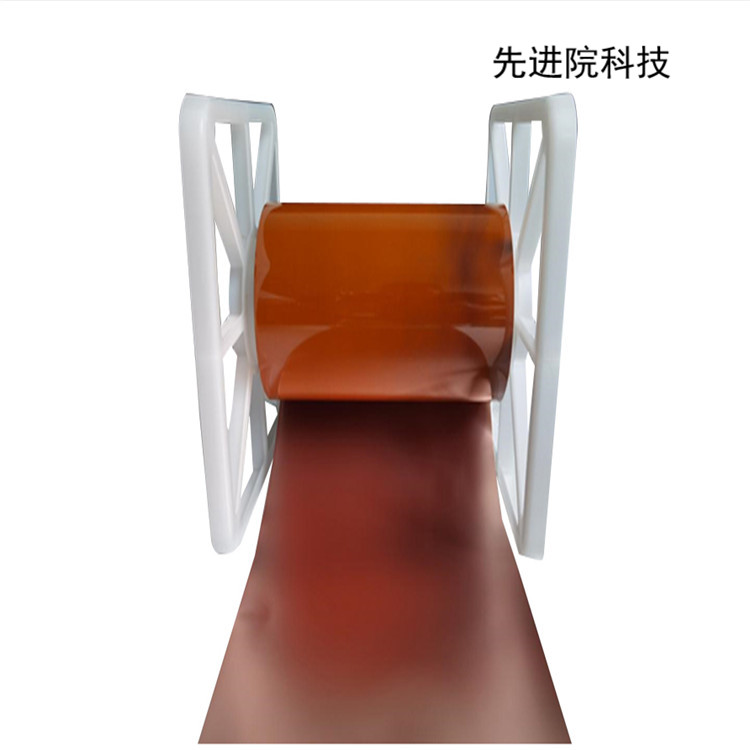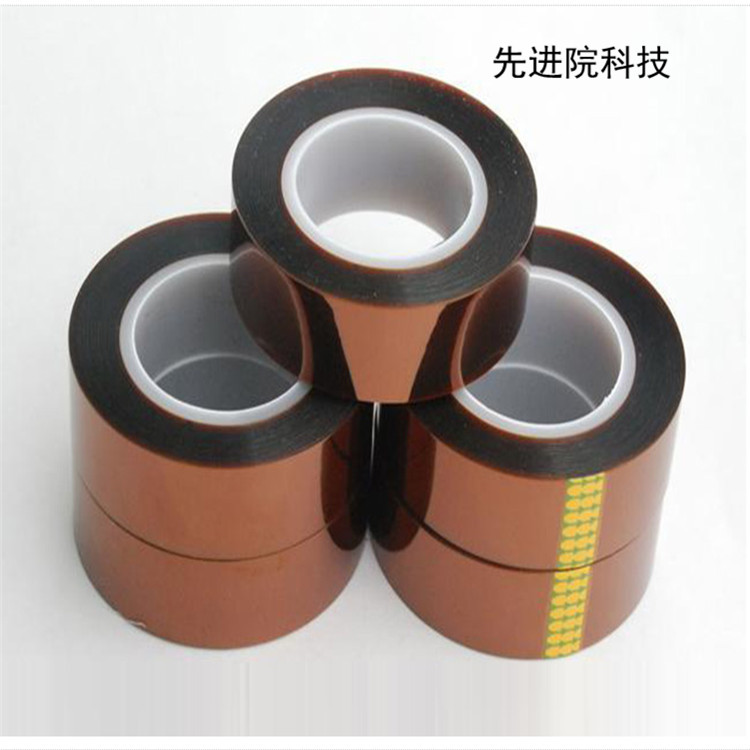

Hotline:0755-22277778
Tel:0755-22277778
Mobile:13826586185(Mr.Duan)
Fax:0755-22277776
E-mail:duanlian@xianjinyuan.cn
On June 23rd, according to Reuters, Musk revealed in a recent interview that Tesla's Texas and Berlin factories are facing severe capacity constraints due to battery shortages and port issues in China, hindering efforts to increase production capacity and resulting in losses of billions of dollars.
On May 31st, Musk said in an interview with Tesla's officially recognized "Tesla Owners of Silicon Valley" club in Austin, Texas, "The Berlin and Austin factories are now huge 'money burners'. They are really making a huge roar, that's the sound of money burning
Musk stated in an interview that Tesla produces very few cars at its Texas factory due to challenges in increasing production of its new 4680 battery, as well as difficulties with its traditional 2170 battery due to issues with Chinese ports. He said, "All of this will be resolved quickly, but it requires a lot of attention
Musk said that the COVID-19 had previously led to the suspension of production in Shanghai, resulting in a "very difficult" situation. He said that the shutdown not only affected Tesla's car production at its Shanghai factory, but also at its California factory, as some of the car parts used in the latter were made in China.
According to a leaked internal memo, Tesla plans to suspend most of its production at its Shanghai factory in the first two weeks of July in order to upgrade the factory and increase production.
In the past two years, Tesla has been in a nightmare of supply chain disruptions, with global chip shortages, component shortages, and rising battery prices occurring one after another, and it has not yet emerged from the predicament. Tesla's current biggest concern is how to keep the factory running so that it can pay its employees and avoid bankruptcy.

Earlier this month, Musk said he has a "super bad feeling" about the current economic situation and stated that Tesla needs to lay off about 10% of its workforce and "suspend all recruitment activities worldwide. Earlier this week, he stated that Tesla will lay off 10% of its workforce within three months.
It is understood that there is currently a significant challenge in the production of 4680 batteries, which has prevented Tesla's Texas factory from increasing production capacity. Meanwhile, due to issues with Chinese ports, the supply of traditional 2170 batteries is also relatively slow, and production at the Berlin factory is also restricted. In addition, many of the components in the two factories are made in China, which is also limiting the acceleration of factory production capacity.
Since last year, Tesla's delivery deadline has been continuously postponed, with official data showing an increase of more than ten weeks from several weeks, with an average wait of about six months before the car can be delivered. The situation abroad will be even more severe, as last year's orders may have to wait until August or September of this year to be picked up, and some may even be scheduled until 2023.
After interviewing Tesla owners, relevant media learned that the actual delivery date of the car is even longer than the predicted date on the official website. Some car owners were supposed to be able to pick up their cars at the end of last year, but they still haven't received any notification to do so. The official display shows that the expected delivery date for Model Y is 10-14 weeks, but the actual situation is far beyond this time.
Originally, Tesla's production capacity pressure was particularly high, and the two new factories being put into operation could only be a drop in the bucket. At the end of March, the Shanghai Gigafactory, which had the highest production capacity, shut down for more than 20 days and only recently resumed 100% production capacity, directly causing a production loss of nearly 100000 Tesla cars, once again posing huge difficulties and challenges for timely delivery and manufacturing of cars.
Now, Tesla's two new factories have equipment and employees, but due to a shortage of parts, they cannot produce at full speed and are constantly losing money. Tesla has planned to lay off 10% of its workforce in the next three months to reduce operating costs. On the surface, Tesla appears to have unlimited potential, but the internal risks are really serious. If the factory cannot operate and produce normally for a long time, Tesla may really go bankrupt.


Advanced Institute (Shenzhen) Technology Co., Ltd, © two thousand and twenty-onewww.avanzado.cn. All rights reservedGuangdong ICP No. 2021051947-1 © two thousand and twenty-onewww.xianjinyuan.cn. All rights reservedGuangdong ICP No. 2021051947-2